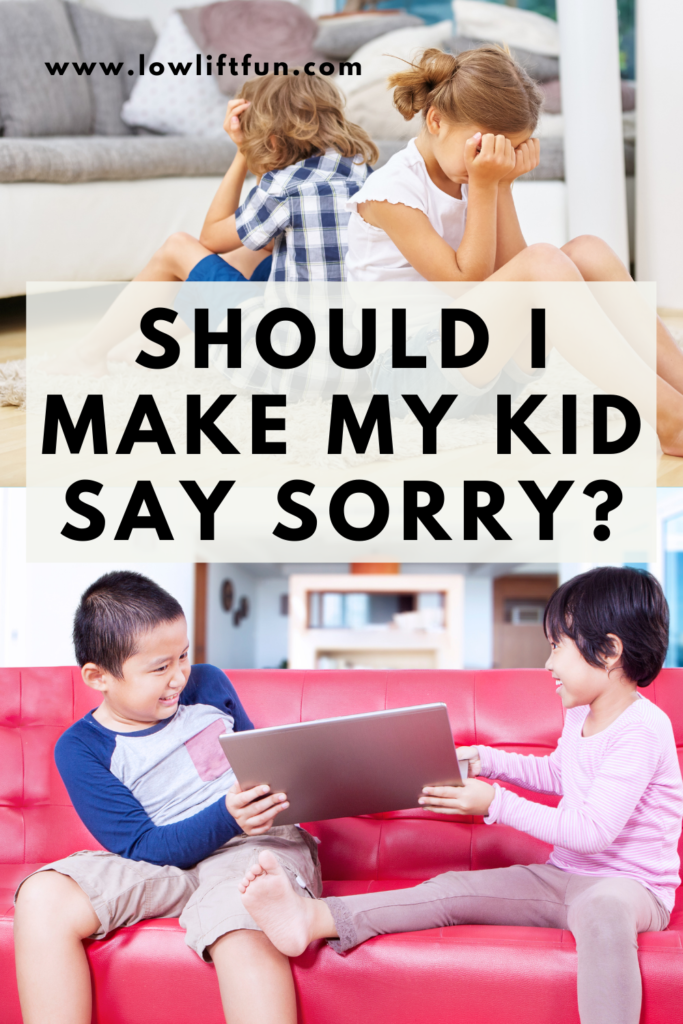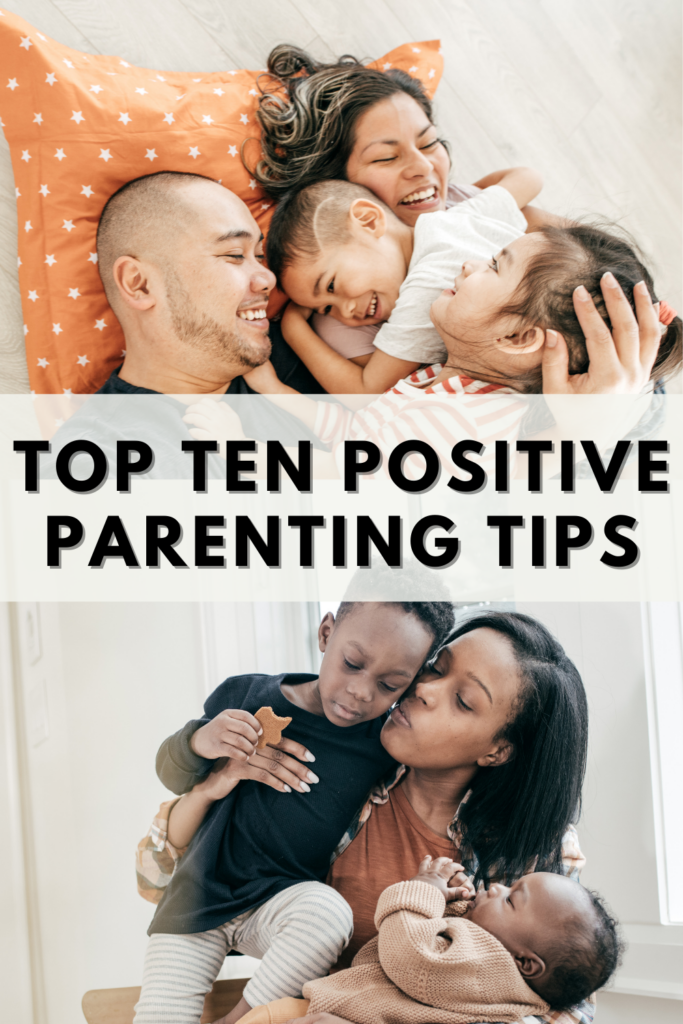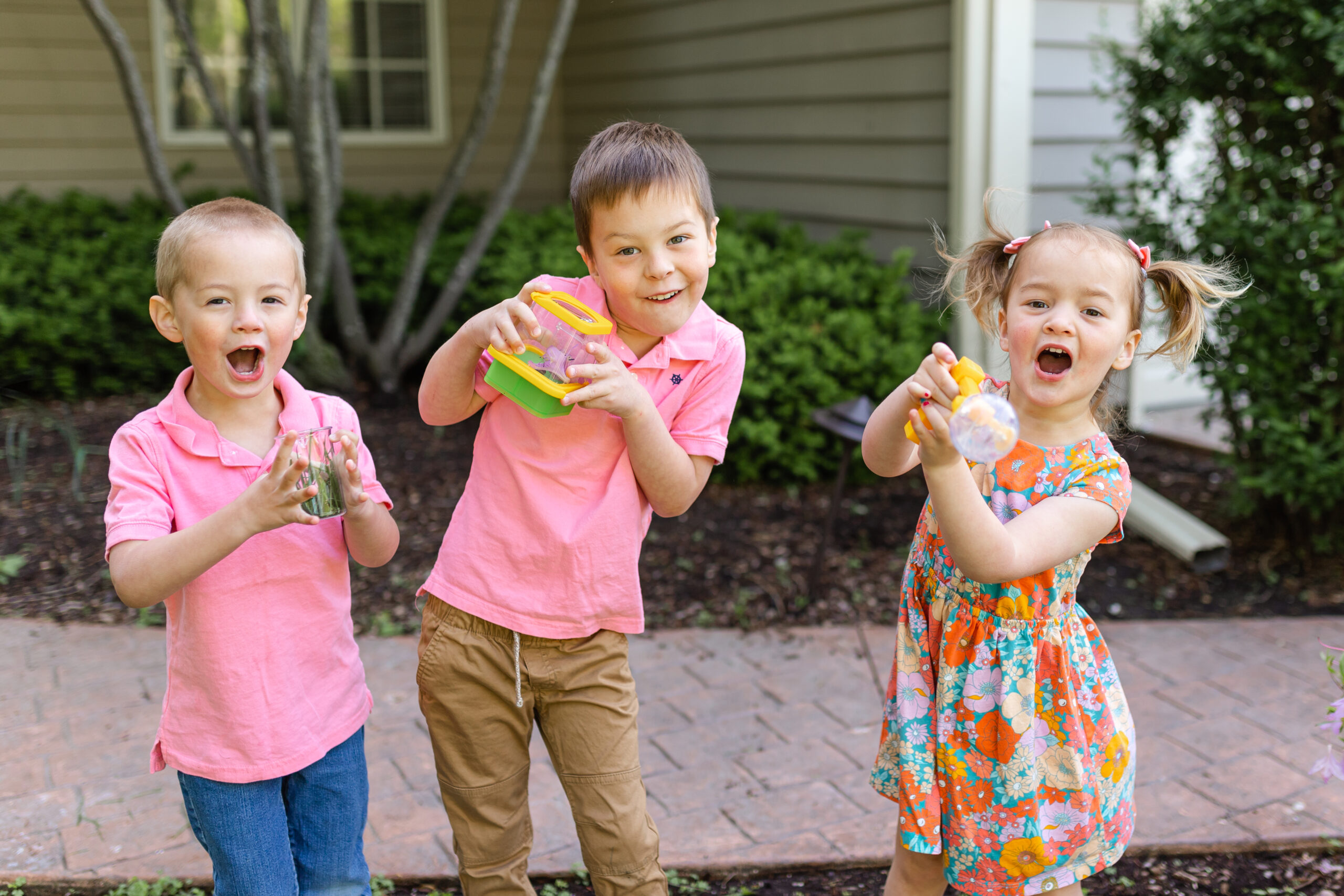People sometimes ask: do you make your kids apologize? Quick answer: I used to, and now I don’t.
In this post I break down what I say instead that’s more effective and WHY I made this change. As context, my background is as an elementary school principal, moms of twins plus one, and I have degrees in psychology and education – I certainly don’t know it all, but I understand child development and have worked with many many spirited kids through the years!
So, should I make my kid say sorry? I don’t. Here’s why.
I ditched forced apologies. Instead of forcing kids to apologize, I ask them, “How do you want to help the person feel better?”
There are three main reasons I made this swap.
1. Give kids more ownership.
Asking kids how they want to help the person feel better gives them the ownership. They get to reflect and decide how to repair the relationship – they may get the person an ice pack, go check on them, find a favorite toy the person might want to use, draw a picture, or apologize. In many cases my kids come up with something more meaningful and heartfelt than a forced apology ever would have been, because it’s actually self motived and coming from their heart.
2. Avoid power struggles.
We avoid the power struggle of trying to force a kid to say something they do not want or feel ready to say. (This kind of showdown can escalate the situation and leave everyone in a frustrated, tough spot!)
3. Apologizing should not feel like a punishment.
Prevent teaching that apologizing is a punishment or something shameful. Apologies rock – it’s OK to mess up and it’s awesome to own when we‘ve hurt someone. I want to take shame out of the equation, and prevent kids feeling like apologizing = shameful/bad = punishment.
Along with that, I model apologizing without shame ALL the time. “I am so sorry. I made a mistake. Everyone makes mistakes – that’s how we all learn!”

What do you think? I know different approaches work for different kids – what works in your home?
If you like this post, check out my Top Ten Tips for Positive Parenting here. These are simple strategies that can make a huge difference in creating a more joyful, less stressful home.

